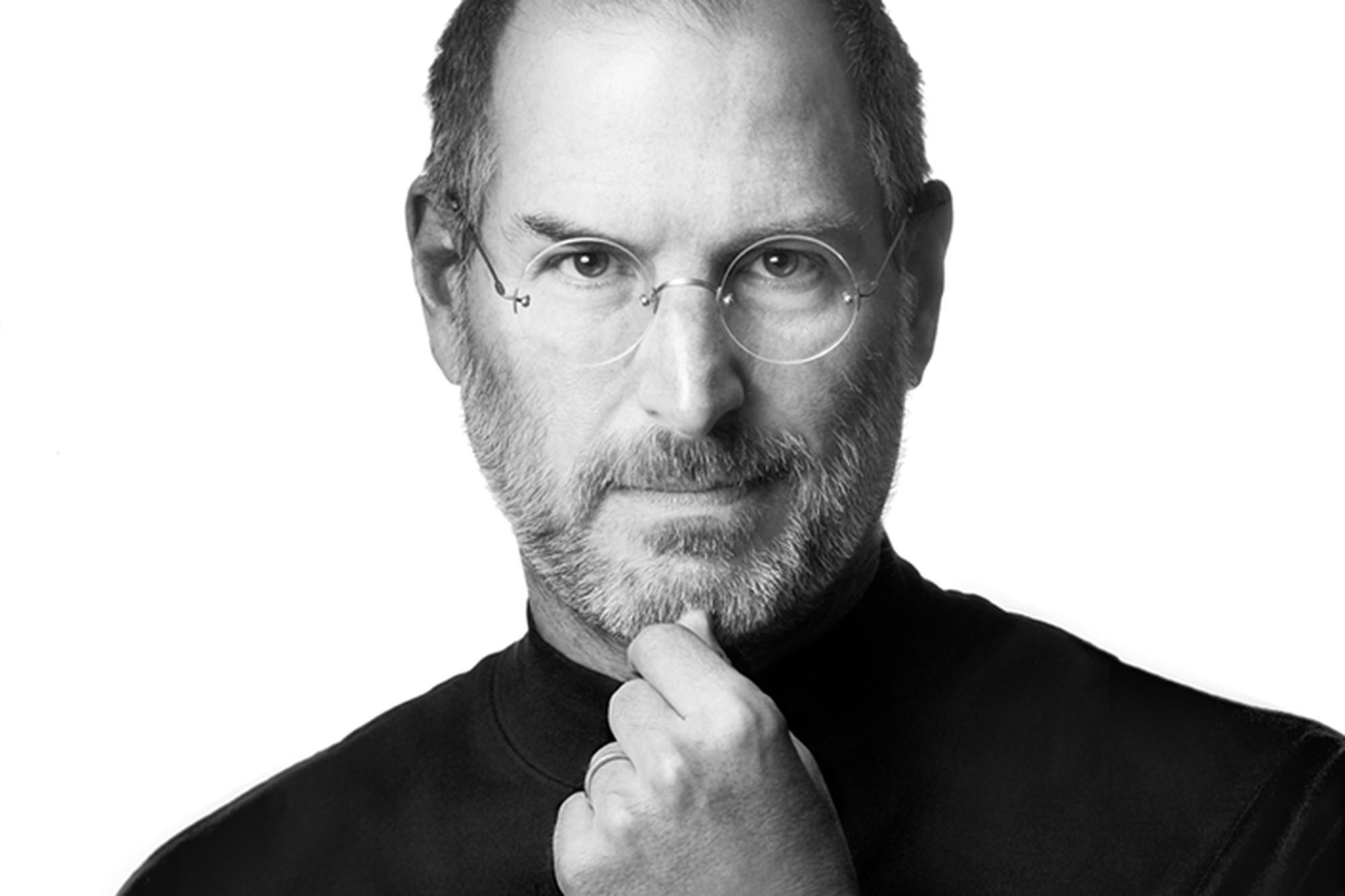Pioneering Entrepreneurship: Steve Jobs and the Art of Reinventing Industries
/ Blog — Insight: Startups
Pioneering Entrepreneurship: Steve Jobs and the Art of Reinventing Industries
Disrupting the Tech Industry
Apple and the Personal Computer Revolution
Steve Jobs, along with Steve Wozniak, founded Apple Inc. in 1976, with a vision of bringing personal computers to the masses. The Apple I, though relatively
basic compared to today's computers, was a groundbreaking product at the time. The introduction of the Apple II in 1977 truly revolutionized the personal computing landscape, making computers accessible and user-friendly
for a much broader audience.
The Macintosh and Desktop Publishing
Continuing to innovate, Apple introduced the Macintosh in 1984, a computer that redefined the way people interacted with technology. With its graphical
user interface and built-in support for desktop publishing, the Macintosh enabled users to create visually stunning documents with ease. This innovation opened up new opportunities for creative professionals and
businesses alike, setting the stage for the modern digital design industry.
Transforming the Music Industry
iTunes and the Digital Music Revolution
Steve Jobs didn't stop at computers; he saw an opportunity to reshape the way we consume and distribute music. In 2001, Apple launched iTunes, a digital music
platform that allowed users to purchase, organize, and listen to their favorite songs with just a few clicks. iTunes quickly became the dominant platform for digital music distribution, revolutionizing the music
industry and paving the way for the streaming services we enjoy today.
The iPod and Portable Music
Complementing iTunes, Apple introduced the iPod in 2001, a sleek and user-friendly portable
music player that made it easy for users to carry their entire music library wherever they went. The iPod's iconic design and intuitive interface made it an instant hit, and it went on to become one of the most
successful consumer electronics products in history.
Reinventing the Mobile Phone
iPhone: The Smartphone Revolution
In 2007, Steve Jobs unveiled the iPhone, a device that combined
the functionality of a mobile phone, an iPod, and an internet communications device. The iPhone's sleek design, touch screen, and powerful software made it a game-changer in the mobile phone industry. The introduction
of the App Store in 2008 further solidified the iPhone's status as a revolutionary product, allowing users to download and install third-party apps that expanded the device's capabilities and customized their experience.
Pushing Boundaries in Entertainment and Retail
Pixar and the Future of Animation
Steve Jobs' influence extended beyond the world of computers and electronics. In 1986, he acquired
a majority stake in Pixar, a fledgling computer animation studio. Under Jobs' guidance, Pixar went on to create groundbreaking animated films such as Toy Story, Finding Nemo, and The Incredibles, pushing the boundaries
of animation technology and storytelling. Pixar's success demonstrated that Jobs' entrepreneurial spirit and vision could have a profound impact across industries.
Apple Stores: Reinventing Retail
With
the launch of the first Apple Store in 2001, Steve Jobs aimed to redefine the retail experience. Apple Stores were designed to be inviting, minimalist spaces where customers could explore and interact with Apple
products. The Genius Bar, staffed by knowledgeable Apple experts, provided personalized technical support and advice. This innovative approach to retail not only enhanced the Apple brand but also set a new standard
for customer service and in-store experience in the retail industry.
Legacy and Impact
Design Philosophy and Aesthetic
Steve Jobs' relentless focus on design and user experience left a lasting impact on the tech industry and beyond. He emphasized the importance of creating products
that were not only functional but also beautiful and intuitive to use. This design philosophy is still evident in Apple's products today and has influenced the way many other companies approach product development.
Inspiring a Generation of Entrepreneurs
Steve Jobs' success as an entrepreneur has inspired countless others to pursue their own dreams and challenge the status quo. His passion for innovation,
his unwavering commitment to excellence, and his ability to reinvent entire industries serve as a powerful example for aspiring entrepreneurs and business leaders around the world.
Lessons for Future Innovators
Steve Jobs' storied career offers several lessons for those looking to make their mark on the world. Embrace your passion, think differently, and take calculated
risks to pursue groundbreaking ideas. Most importantly, never settle for mediocrity, and always strive to create products and experiences that truly enrich people's lives.
Conclusion
Steve Jobs was a true visionary who transformed industries and changed the way we interact with technology. His ability to foresee emerging trends and create innovative products that met the needs of consumers has left an indelible mark on the world. By studying his approach to entrepreneurship and innovation, we can glean valuable insights that can help us navigate the rapidly evolving landscape of technology and business.
All Journals →